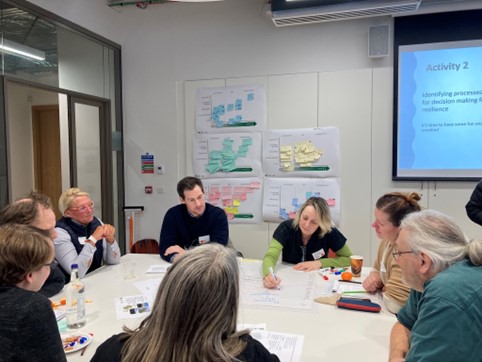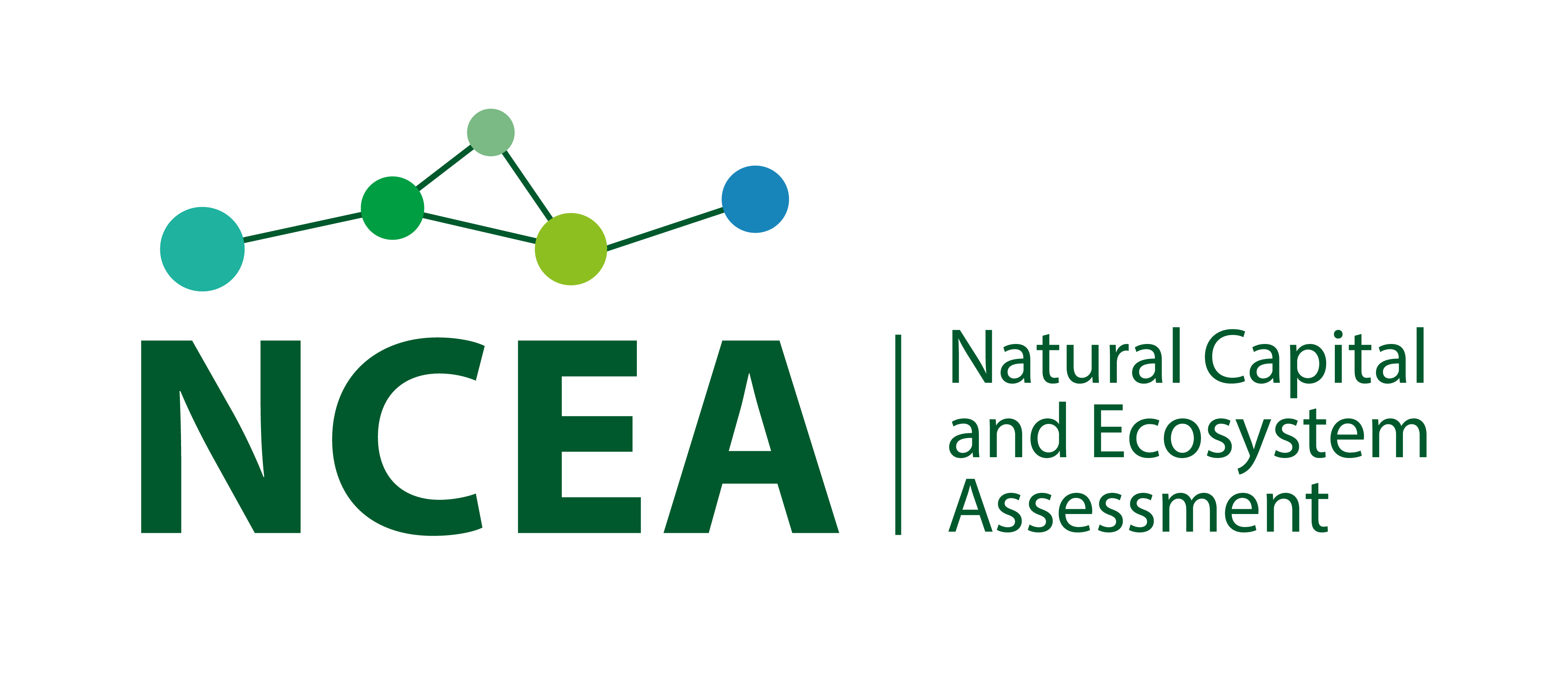Join the Resilience of Anthropocene Coasts and Communities project team and collaborators from across the country. Help identify solutions to increase coastal communities and ecosystem resilience to the compound risks of climate change, coastal flooding/erosion, and the UK’s historic waste disposal.
What is the issue?
As sea levels rise and severe weather events become more frequent, coastal flooding and erosion will increasingly threaten coastal areas. Adding to this challenge is the significant pollution legacy left by the UK’s industrial history in the form of landfill sites. There are over 1,700 of these historic landfills in coastal areas, along with 3,000 hectares of contaminated land. Levels of site contamination vary, from benign (such as building rubble) to toxic waste, but all are vulnerable to climate change.
The RACC project aims to investigate a variety of contaminated sites and develop strategies for managing the related environmental and social risks. Of the identified sites, many are already eroding and releasing pollutants into our coastal environments. If no action is taken, one in ten coastal landfill sites could erode by 2055.
We urgently need a greater understanding of the risks posed to both people and the marine environment by these contaminated areas.
So far, little progress has been made in the UK in developing possible responses to this challenge – partly because it goes across siloed policy areas, but also because the investment of stakeholders in the issue varies substantially. By bringing together group expertise, our hackathon will be an exciting platform for problem-solving, innovation and learning, where we can collectively create a catalogue of possible sustainable solutions to this pressing issue.
What to expect at the Hackathon
Our event will be a highly interactive, structured session where you will work in groups to unpack the problem and to explore solutions from multiple perspectives.

Here’s how it will work:
- Establishing context – a summary of the environmental hazards and existing policies
- Identifying gaps – pooling our cross-disciplinary expertise to clarify the problem and identify knowledge gaps
- Finding solutions – generate a catalogue of possible responses to the problem
- Identifying barriers – analysis of political, economic, societal, technological, innovation, legal and environmental barriers
- Setting priorities – prioritisation of preferred solutions.
In order to fully explore all possible options and encourage open and dynamic discussions, our Hackathon will be held under the ‘Chatham House rule’ to allow for a wide range of ideas of solutions, barriers and enablers from experts in different sectors to be tabled and analysed.
Why Attend?
Contribute your expertise to shaping policy and community resilience while engaging in valuable networking and knowledge exchange. This Hackathon offers a unique chance to collaborate with experts, explore innovative solutions, and stay ahead of a growing coastal resilience challenge.
How To Register Your Interest
Send an email to: racc@qmul.ac.uk
Let us know your preference of 4th or 7th July in England and/or 10th September in Scotland (Edinburgh or Glasgow).
Advise what support you may need in order to attend e.g. travel, subsistence, accommodation, and/or reimbursement for time. We can support travel and accommodation for all participants. We may be able to reimburse employers for your time spent at the event if it is a barrier to participation.














